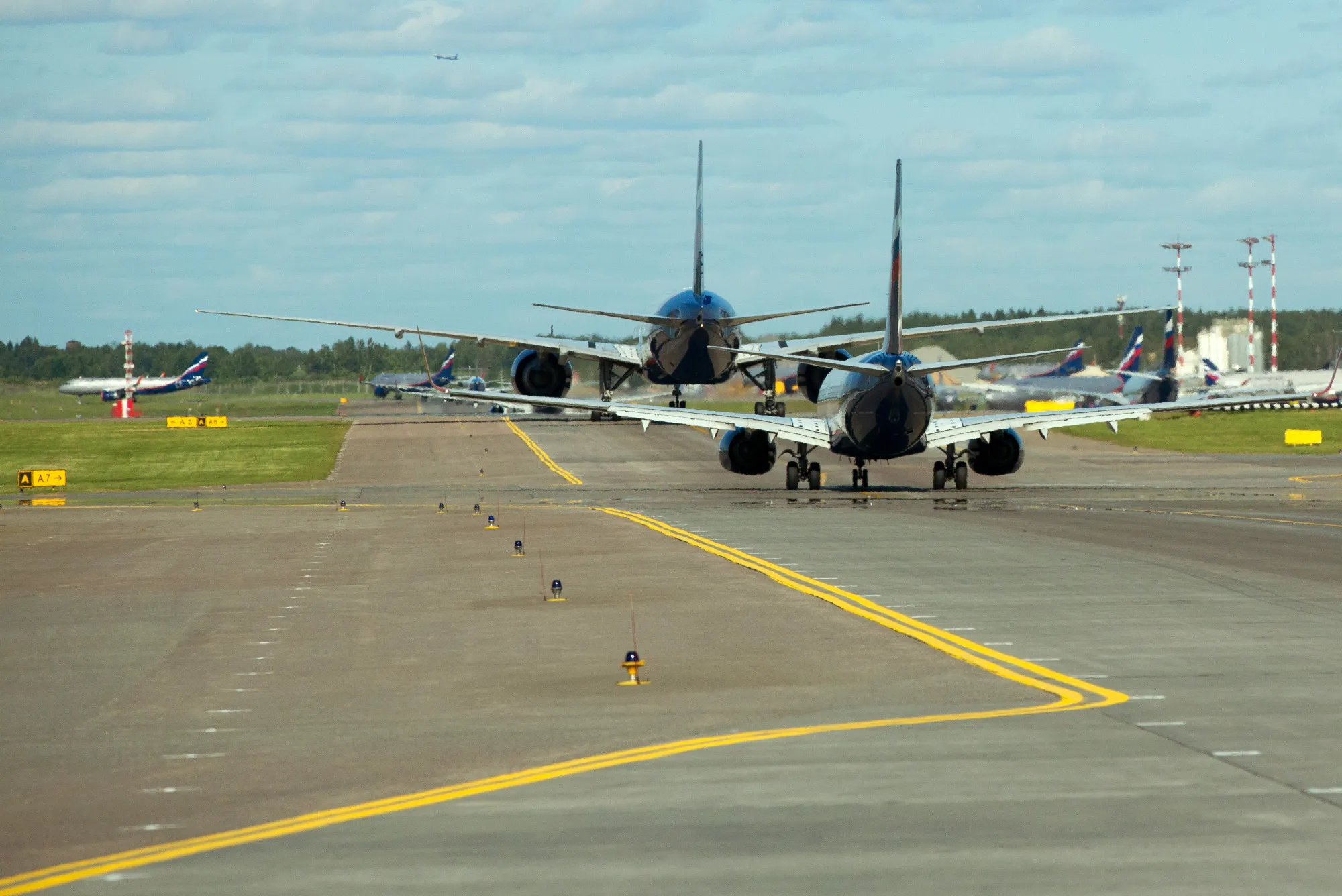Insurers will lose billions: British court rules on planes seized from Russia
12 June 21:07
The High Court of London has issued a precedent-setting ruling that international insurance companies must pay compensation to lessors and owners of aircraft that remained in Russia after its full-scale invasion of Ukraine in 2022. The losses are worth billions of dollars, which can now be partially covered by war risk insurance policies, "Komersant Ukrainian" reports citing Bloomberg.
The decision was made by Judge Christopher Butcher after a lengthy legal battle between leading lessors – in particular, AerCap Holdings NV (Ireland) and Dubai Aerospace Enterprise Ltd (UAE) – and insurance giants, including AIG and Lloyd’s of London.
The lawsuit concerned 147 aircraft and 16 aircraft engines, with a total insured value of $4.5 billion. After Russia invaded Ukraine in February 2022 and imposed a series of sanctions, Moscow responded with “counter-sanctions” that included a ban on the export of aircraft and their forced transfer to the Russian aviation registry. This de facto meant the loss of control over the aircraft by their rightful owners.
The judge concluded that the planes were “lost” after new legislation came into force in Russia in March 2022, which banned the return of foreign aircraft. Thus, he noted, the losses were covered by insurance policies that included war risks, but not by those that covered all risks.
This is a significant victory for the lessors, which, however, does not mean that all financial claims are fully satisfied. The court clearly outlined the limits of insurers’ liability. For example, for AerCap, the amount of coverage under the war risk policy is limited to $1.2 billion, while their initial claim was $3.4 billion. Subsequently, due to court settlements with other lessors, the amount of the claim was reduced to approximately $2 billion.
As of February 2024, 116 aircraft and 15 engines owned by AerCap remained in operation by Russian carriers such as Aeroflot, Rossiya, Severstal and others. This is only a fraction of the more than 400 aircraft that Russia has effectively nationalized since the start of the war.
The insureds’ side insisted that the planes could not be considered “lost” because they were still being used by airlines in Russia. Moreover, the insurers’ lawyers emphasized the exclusions in the policies, which, in their opinion, should have excluded such payments. However, the court disagreed with these arguments, stating that from a legal point of view, the loss of control and lack of access to assets are already sufficient grounds for activating insurance mechanisms.
This is an encouraging result. Putin’s invasion and seizure of hundreds of commercial aircraft is exactly the paradigmatic scenario against which our clients were insuring,” said Julian Akratopoulos, a representative of lessors, including Dubai Aerospace.
In turn, AIG declined to comment, while AerCap and Lloyd’s of London did not respond to media inquiries.
The decision sets a legal precedent and is likely to have broad implications for similar cases in the UK, Ireland and the US, where lessors are seeking billions in compensation. Given the scale of Russian interference in civil aviation, the total losses of leasing companies are estimated at more than $10 billion.
Some of them have already reached out-of-court settlements with insurers, while others are continuing litigation. In any case, the decision of the High Court of London has sent a signal to the market: even in a situation where the aircraft remain physically intact, the key factor is the loss of legal jurisdiction and the ability of the owners to operate them.
Lawyers warn that despite this ruling, not all war risk policies are treated equally, so each case requires individual analysis. However, the current verdict significantly strengthens the position of the affected companies and is likely to encourage new lawsuits against insurers.
Thus, the case of the Russian airplanes is not only about technology, but also about the rule of law in global business.
Читайте нас у Telegram: головні новини коротко









